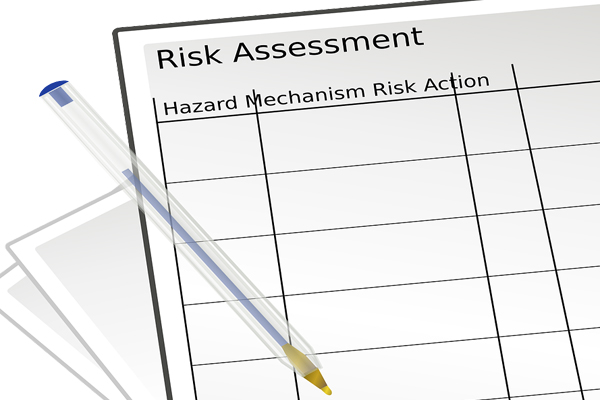In this week’s guest column, Tess Hilson-Greener outlines why Equality, Diversity and Inclusion (EDI) compliance matters in the UK. She advises equality, diversity and inclusion (D&I) professionals on how to ensure their company’s D&I/HR policies are up to date to prevent avoidable litigation and financial risks.
Can you afford not to check that your D&I/HR policies are up to date? I work with a lot of highly skilled and talented D&I/HR professionals that tell me that reviewing policies, procedures and processes is the last task on their busy to do list. Everyday D&I and people management issues, from recruitment to training, and HR operations take priority over everything.
However, taking your eyes off the compliance aspect is probably one of the biggest and avoidable financial mistakes many companies actually make. You only have to look at the staggering number of Employment Tribunal cases in England, Wales and Scotland (approximately 46,553 completed cases since February 2017) to get an idea of the legal implications if your D&I/HR policies aren’t fully compliant.
The legal and financial repercussions are often very costly, not just in terms of time and money, but it can also potentially cause huge damage to your brand. Surprisingly, the majority of the companies listed here are both public and private, many of which are listed on the FTSE 100 or Fortune 500. Firms that really should know better. Not good press for any organisation! This can easily be avoided by carrying out a thorough EDI assessment on an annual basis, and it need not be too time consuming or costly.
SMART BEST PRACTICE
Many D&I/HR professionals, however, don’t know where to start or what this entails, so here are a few useful pointers. First, start by setting up an EDI review committee from a cross section of staff from your organisation, with differing seniority and professions. The role of this committee is to review policies, procedures/processes, employee appraisals and any conflicts of interest. Committee members are also in charge of monitoring EDI actions to check the progress of your company’s overall D&I goals, which must also comply with the Equality Act 2010.
Other committee responsibilities include identifying the scope of the EDI review and research criteria, for example, policy documents, process mapping, procedures interviews, focus groups, etc. It’s also vital to identify all your stakeholders (internal and external) including customers and third party suppliers, as well as company departments/business areas, required for the assessment.
Once you’ve identified all the business areas that need to be measured for compliance, you must demonstrate how data will be collected and analysed, to identify any gaps/problem areas. To ensure an effective review process, you will need to draw up consultation guidelines and a timetable at the beginning of the process. Then at the end of the review, it’s vital to provide conclusions and recommendations that demonstrate how compliant your company is in the form of an EDI ‘Knowledge Blueprint Plan’.

Photo credit: Pixabay
EXTERNAL RESOURCES
There are external resources out there to help you get it right. Equality24x7, for example, offers free webinars to help D&I/HR professionals become more EDI compliant through best practices. Click here for future webinar dates.
Although EDI compliance is not a difficult task for D&I/HR staff, it can be tedious, which is why many companies outsource the compliance aspect to experts like us. We can help to ensure that your business is compliant and embraces an EDI culture, while you get on with more enjoyable aspects of your role – and potentially save your company time and money in the long run.
ABOUT THE AUTHOR:
Tess Hilson-Greener, Managing Director and Founder of Equality24x7 Ltd, specialises in EDI compliance assessment, to mitigate financial risk and protect employees and organisations from avoidable litigation. She has also written reports on EDI compliance for public and private sector organisations, such as Santander, Deutsche Bank, E.ON, Gilead Sciences, Astellas Pharmaceuticals, Siemens, Xerox, British Airways, FedEx, Canon, SITA, (BMW) Rolls Royce, Toyota and UK government bodies.








































